Sometimes I live under a rock…and sometimes that’s preferable to the alternative. I’ve briefly touched upon, as have my fellow muses, the recent discussion of reviews and the authors’ role in responding to or acknowledging reviews, good or bad. Whether or not this discussion was inspired by Jacqueline Howett’s viral experience is a matter of debate—though it seems that the second the first drop spills, the Internet clouds can’t keep others from falling. There are two things we know, though, from experience: 1) This isn’t the first time the author/reviewer relationship has been an issue, and 2) It won’t be the last. Seems every few months or so we need to be reminded about the fine line between craft and criticism.
As I said, I live under a rock at times. I have a fulltime job aside from writing, and it keeps me occupied forty hours a week. Most of the discussion is over by the time I learn there’s been a discussion at all. I’m not sure if that’s a good or a bad thing, because by the time I weigh in, the line in the sand has been drawn and one more opinion in whatever direction isn’t going to make much difference. Also, just because I’ve had X amount of experience with negative reviews doesn’t necessarily make me eligible to comment on Susie Q’s experience with a particularly vicious book blogger. Some authors have been torn to shreds, others have fared a little better, even if their book receives 2 out of 5 or less on the grading scale.
Let’s face it: there are some books that flat out should not have been published. Some authors are incredible writers but not fantastic storytellers; others have wildly creative imaginations but can’t weave two sentences together. Yet no matter whether or not a book is of acceptable quality, no one has any business telling Susie Q she shouldn’t write because she’s not good enough. Susie Q might not be a fantastic writer, but if it gives her pleasure, what business is it of yours? A bad writer commits no crime by submitting a flawed manuscript to a publisher. If the publisher accepts, it’s because they have the confidence to put their brand on the author’s words. It’s the publisher’s job to ensure the manuscript they place a price on has been thoroughly edited and is ready for public consumption. If they fail in doing their part, they hardly ever receive criticism—at least not as publicly or often as does the author. That’s not to say a reviewer won’t make comments like, “the editing is appalling” or “Random Press Name is not known for their quality”, but nine times out of ten, it’s the author that receives the brunt of it.
Of course, this is excluding those books which are self or Indie published (I still have trouble differentiating the definitions of "self-pubbed" and "Indie." This mistake has been rectified...at least until I forget again). When that’s the case, when the author is responsible for the writing and production, it’s a horse of a different color.
These points have been discussed to death, but since I live under the aforementioned rock, there are a few I’d like to rehash.
1) 1) Reviews are for the readers, not the author.
a. Reviewers should not expect authors to seek out their opinions. That’s not what they’re there for.
b. Yes, authors love good reviews and dislike the bad ones to the point of ignoring them. This shouldn't be a surprise to anyone.
c. If a reviewer thinks their comments are worthy of the author’s attention, there are ways to contact the author outside the public forum. If you anticipate a public author response to a review you post, then you're likely doing this for the wrong reasons.
2) 2) There’s a difference between bad writing and a bad story.
3) 3) Everyone and anyone can review now. One person’s opinion, no matter how loud or shared, does little to affect a book’s success. In fact, bad reviews can actually spurn more book sales.
4) 4) We’re all going to be talking about this again in a few months. This conversation is not going to die no matter how many times we have it.
One last word to authors: bad reviews hurt like a mother-effer. They do. You pour everything you are into a manuscript and some “anonymous jerk” decides to rip it to shreds? Of course it’s going to hurt. That never gets easy, no matter how seasoned you are. Granted, there are exceptions that prove every rule – Stephen King, Nora Roberts, etc who have been read and reviewed so broadly it might not faze them much – but I will never believe the big authors are completely unaffected.
Similarly, no writer will ever escape the wrath of a bad review. A hundred people can love your book, but there will always be the one or two that hate it, and they have a right to their opinion. You just have to decide if the accolades are worth the pain of rejection. For me, that answer will always be yes. Others might be different.
"It’s not personal, it’s business." For writers, this will never be completely true, no matter how we try.
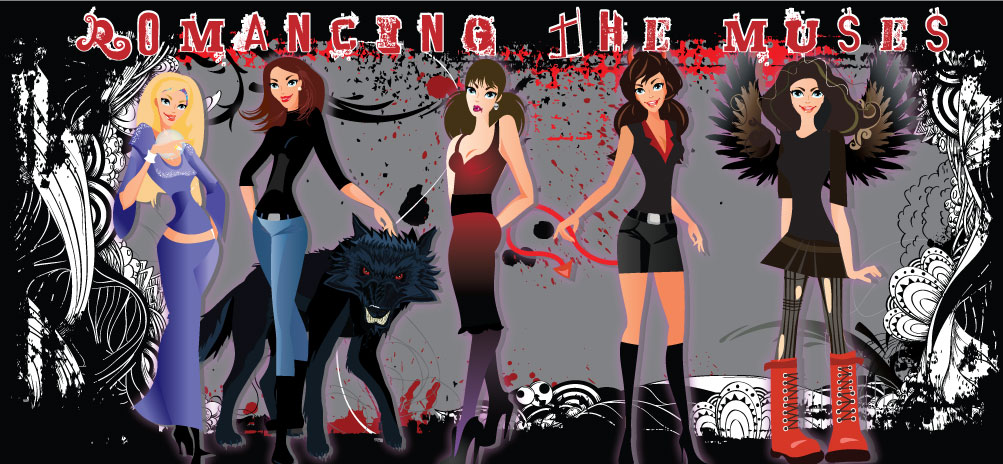
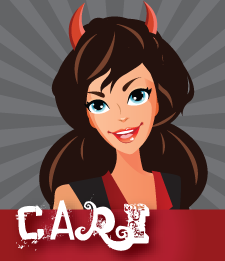
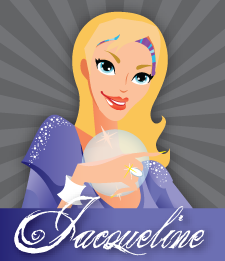


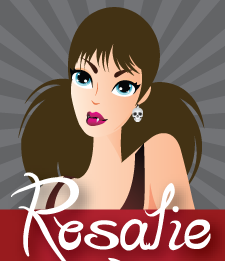
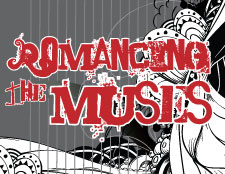



5 comments:
Great post, Rosalie. Just don't forget:
Indie published actually refers to authors published at independent/small presses -- usually e-book ones. Then there is self-published, followed by vanity publishing. ;)
These terms are so difficult to follow. Again, I live under a rock. -_-
well said!
Thanks! :)
This is one of the best posts on the topic I've ever read! You are very wise, rock-dwelling woman. ;c)
Post a Comment